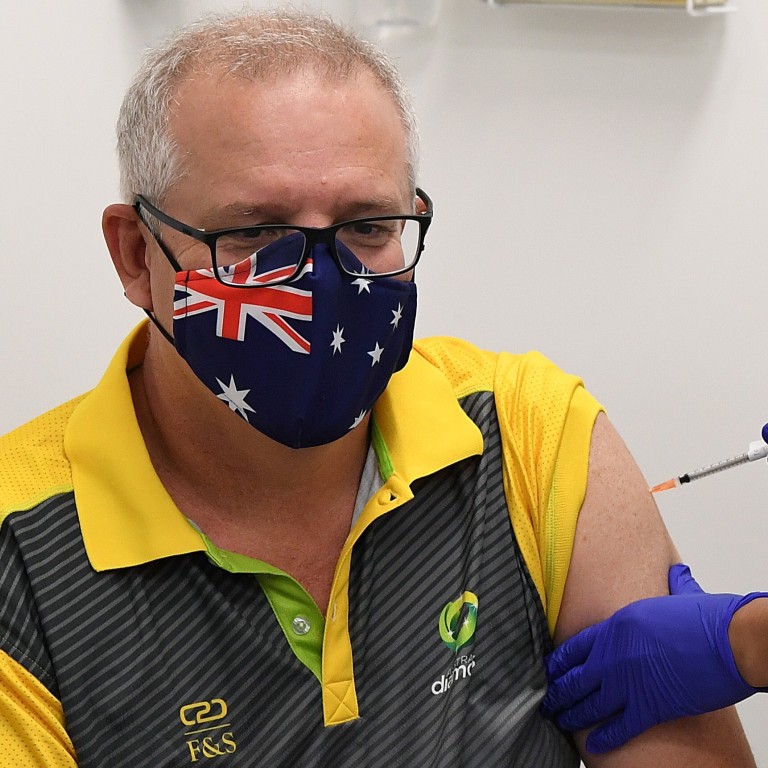
Coronavirus: Australian PM receives first vaccine dose; Malaysia to start vaccinations two days early
- Up to 4 million Australians are expected to be inoculated by March, while Malaysia’s national vaccine roll-out will begin on Wednesday
- Elsewhere, inoculations of Japan’s elderly are to start at a slower pace, as the country received its second shipment of the Pfizer vaccine
Up to 4 million Australians are expected to be inoculated by March, with Morrison among a small group receiving the first round of the Pfizer/BioNTech vaccine.
“This is the beginning of a big game change,” Morrison told reporters moments after getting injected at a medical centre in Sydney. “Every day that goes past from here gets more normal. And that is what is exciting about today.”
Australian states have introduced some of the strictest community mobility restrictions in the world to manage the spread of the virus, including intermittent city lockdowns, curfews and border closures.
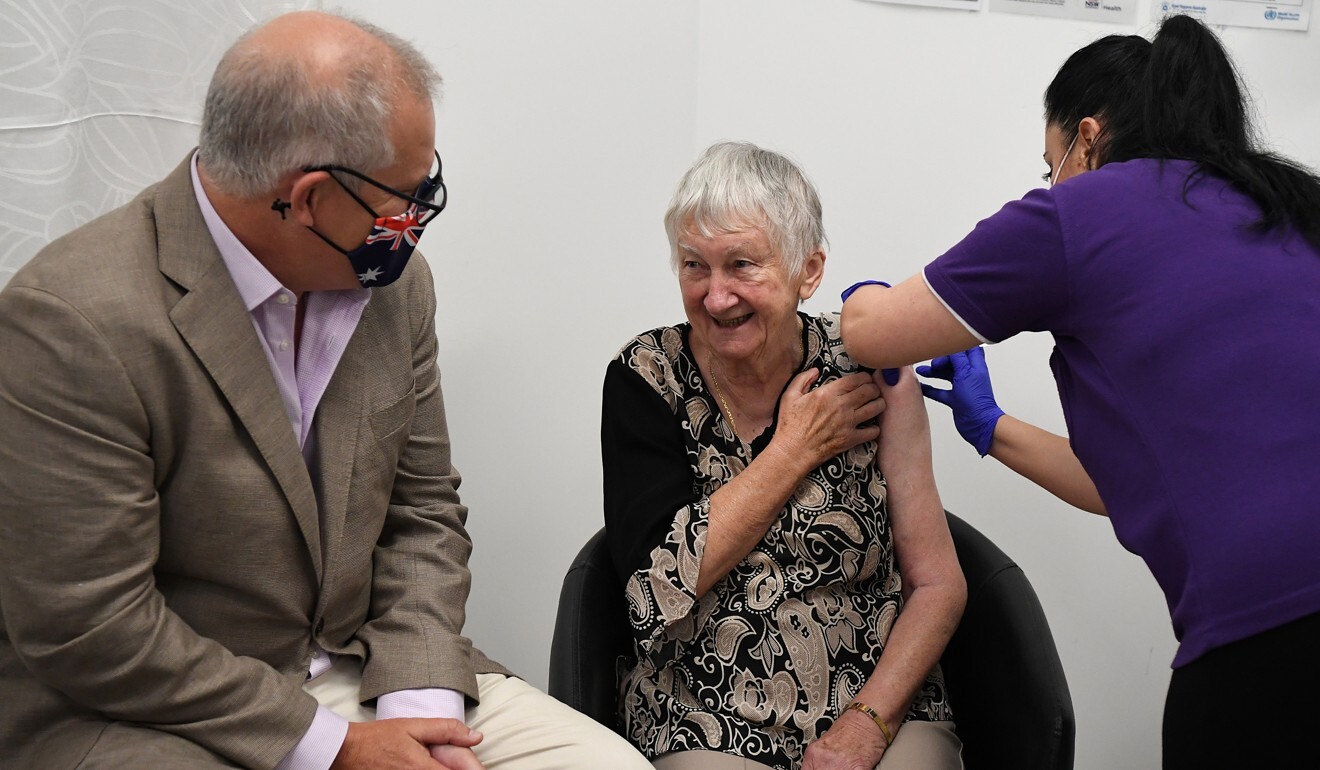
Reporting a second consecutive day with no coronavirus transmission in the community, the country has had just under 29,000 infections and 909 deaths since March, ranking among the top 10 in a Covid-19 performance index.
Morrison said the vaccine addresses his “greatest fear” as prime minister: “serious disease and the sort of widespread fatalities that we saw overseas”.
The vast majority of Australia’s population are set to receive the AstraZeneca vaccine, which can be produced locally, by the end of October.
On Saturday, thousands of people attended anti-vaccine rallies in major Australian cities to protest what they incorrectly believed to be mandatory vaccinations.
Malaysia to start vaccination drive early as first doses arrive
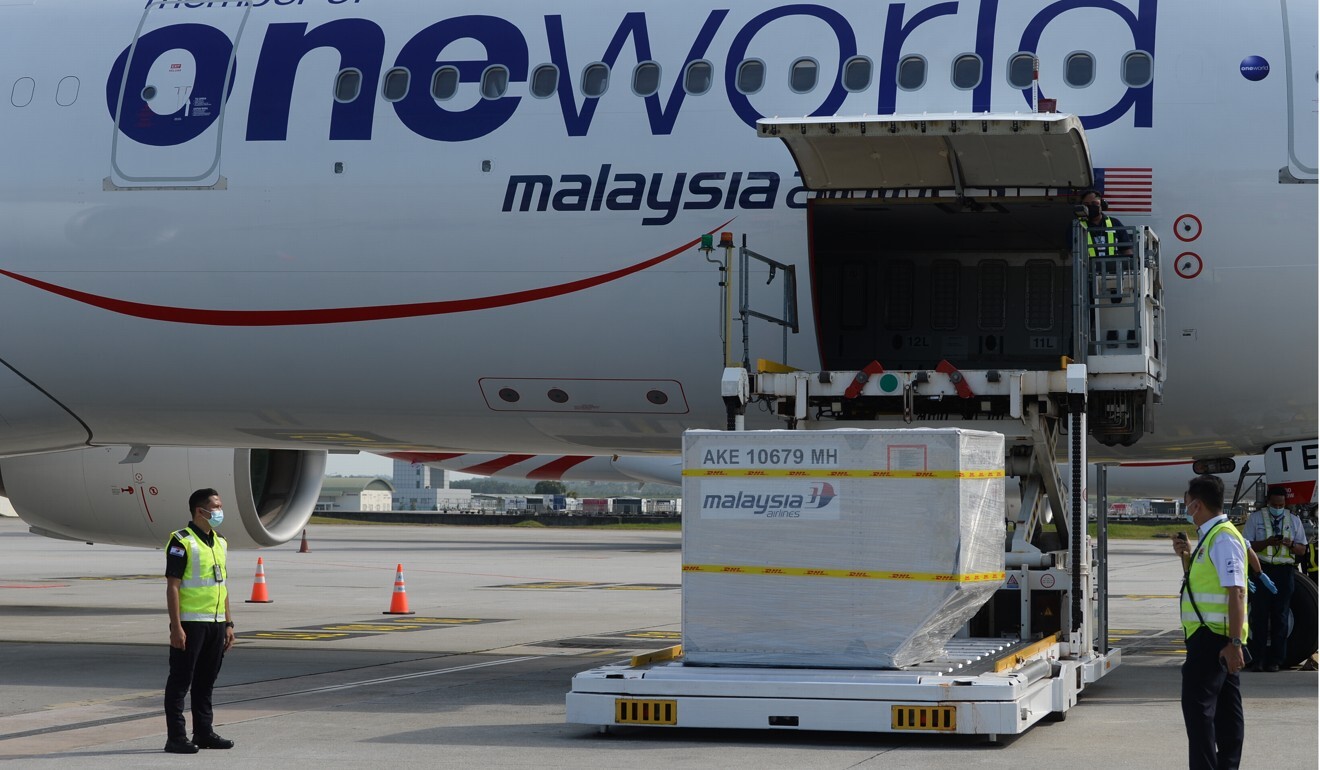
The country aims to vaccinate at least 80 per cent of its 32 million people within a year as it pushes to revive an economy that, slammed by coronavirus-related curbs, recorded its worst slump in over two decades in 2020.
It has imposed more lockdowns this year amid a fresh wave of coronavirus infections, with more than 280,000 cases and 1,051 deaths officially recorded.
A total of 312,390 doses of the Pfizer-BioNTech vaccine were delivered to Malaysia on Sunday morning, with more expected in coming weeks.
Malaysian PM will be first to receive vaccine when roll-out starts
“The second delivery will be made on February 26, and we will continue to receive [Pfizer] deliveries every two weeks until it is completed,” Science Minister Khairy Jamaluddin said in a virtual news conference.
Malaysia has secured 32 million vaccine doses from Pfizer and BioNTech, with more from China’s Sinovac Biotech expected to be delivered in bulk on February 27, pending approval from local regulators, Khairy said.
Japan’s inoculation of elderly to go slower than planned
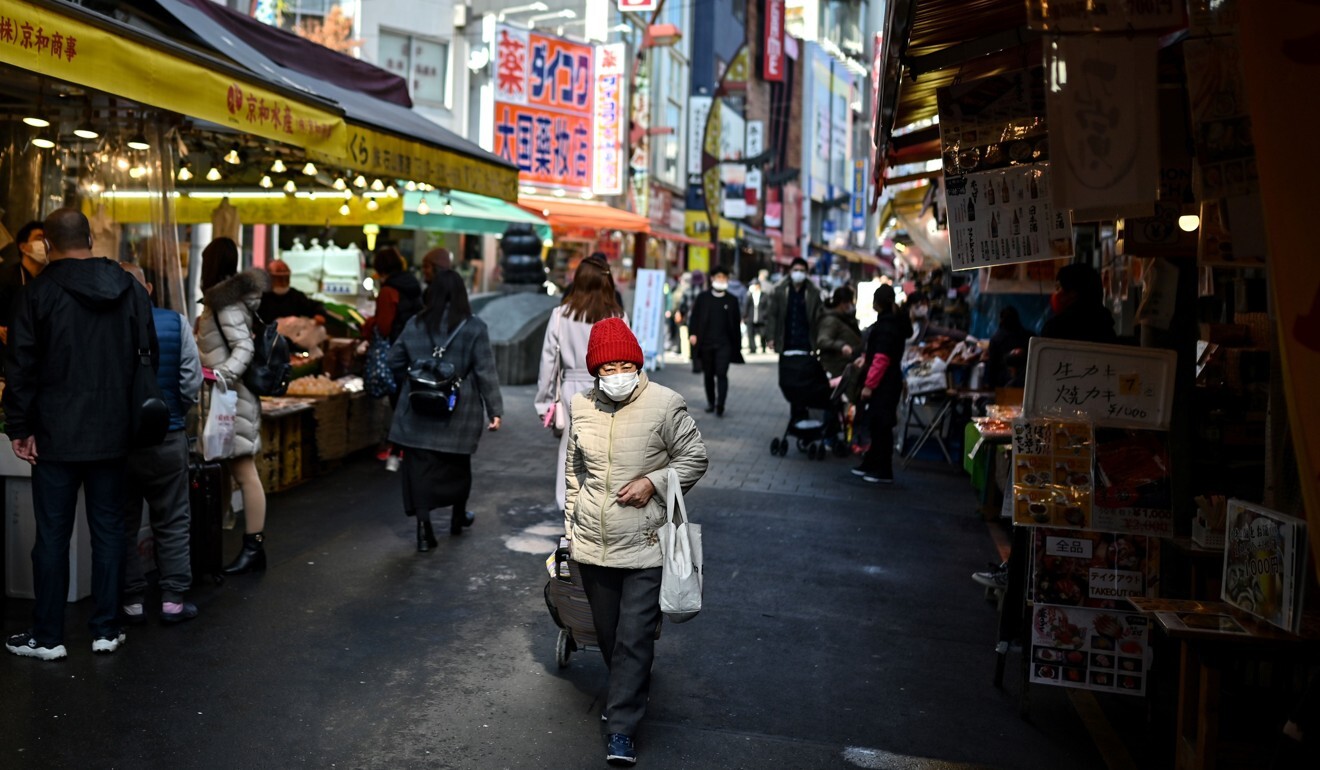
Citing what he said was a delay until May of a production capacity increase by Pfizer, Taro Kono, the administrative and regulatory reform minister, said supply of the vaccine “will be very limited until April,” adding, “We will start [vaccination of the elderly] little by little and expand it slowly.”
Japan started inoculating an initial group of health workers last Wednesday in the first phase of its vaccination roll-out. For people aged 65 or older, a group of about 36 million, vaccinations will start in April under the schedule set by the health ministry.
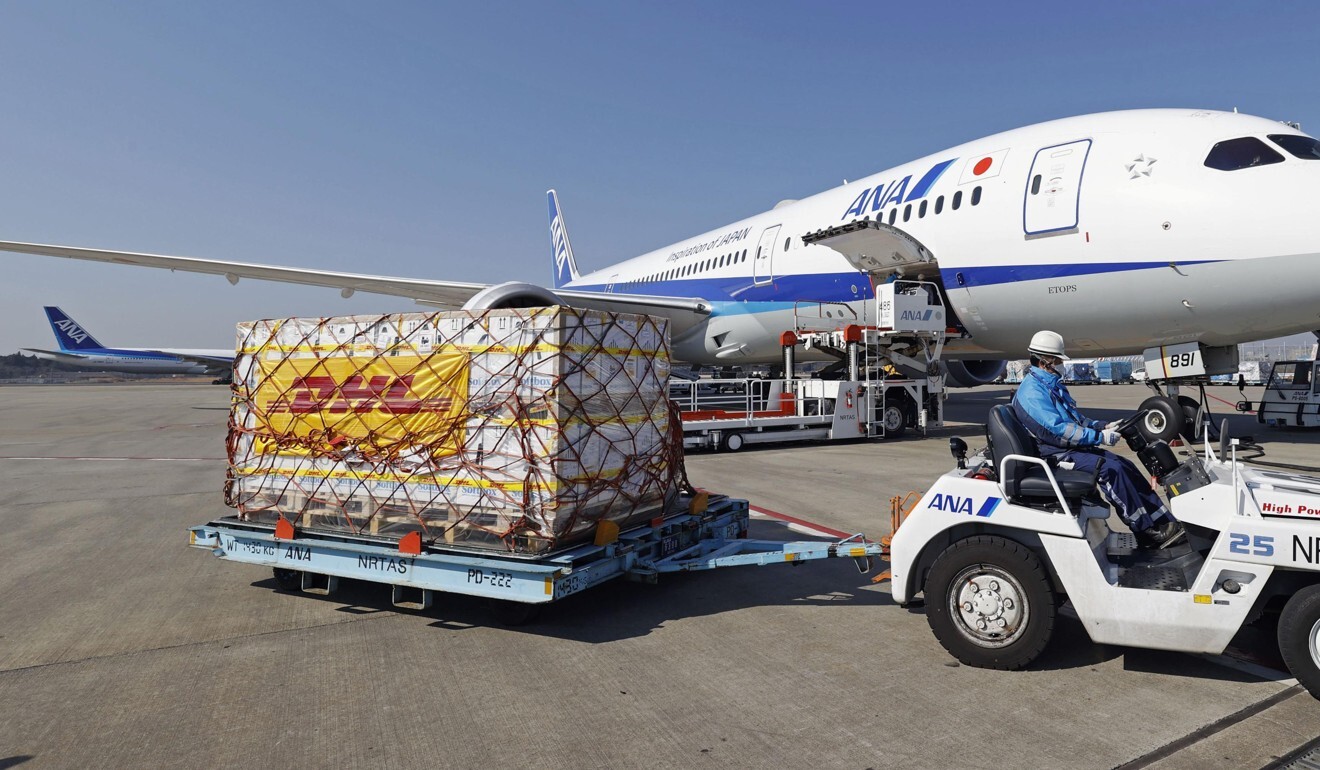
Japan, which received its first shipment of up to 386,100 doses from Pfizer’s factory in Belgium on February 12, is seeking to inoculate 40,000 health care workers in the initial phase, starting first in the Tokyo metropolitan area.
The Ministry of Health, Labour and Welfare said 5,039 people had been inoculated at 68 medical facilities as of Friday.
Of the 40,000 health care workers, 20,000 are taking part in a study to track potential side effects caused by the vaccine, keeping daily records for seven weeks after receiving the first of two shots. The shots will be administered three weeks apart.
The next group in line to be vaccinated from March is an estimated 4.7 million other frontline health care workers across the country.
After inoculations begin of people aged 65 or older, people with pre-existing conditions and those working at elderly care facilities will be targeted, and then finally the general population, according to the health ministry.
South Korea to begin using Pfizer jabs next week
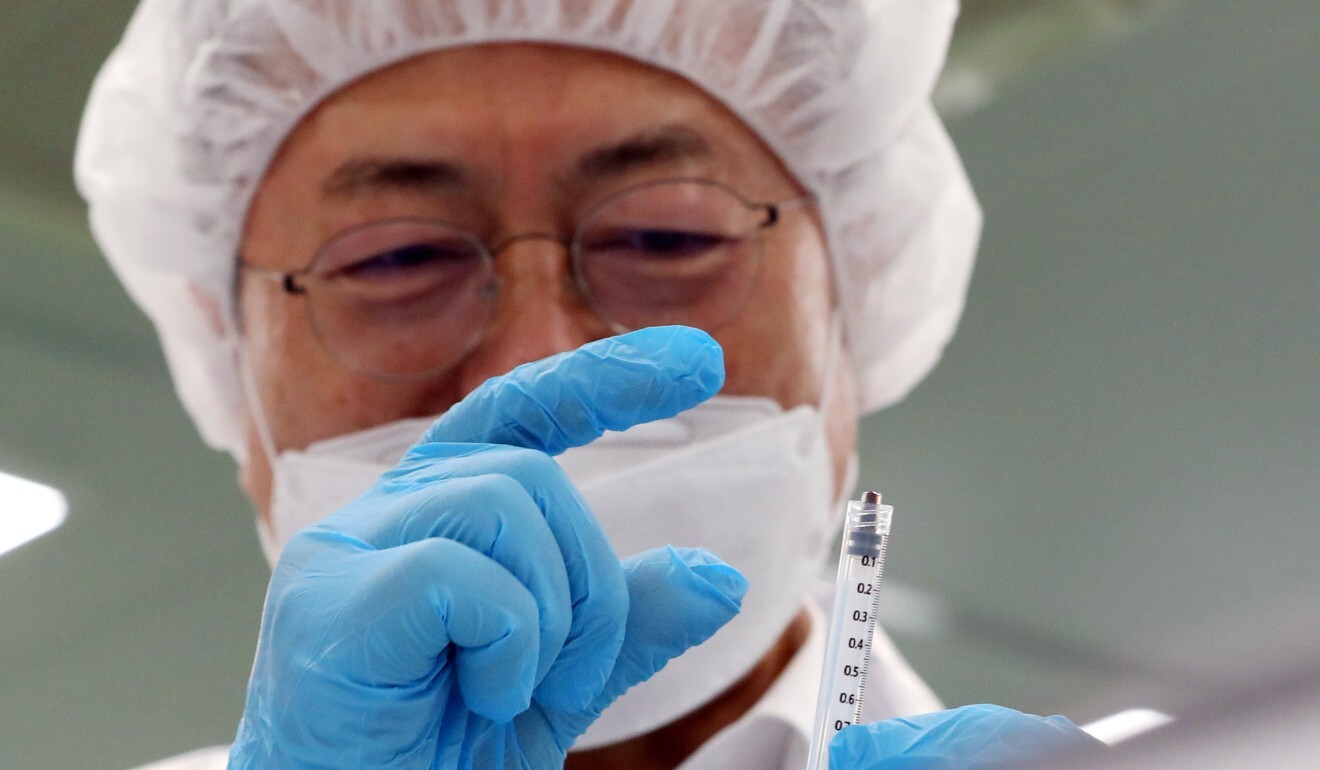
Plans call for about 10 million high-risk people, including health care workers and staffers and some residents of assisted care facilities and nursing homes, to be inoculated by July.
The first AstraZeneca vaccines are scheduled to be administered on Friday, with Pfizer’s shots being deployed the next day, Prime Minister Chung Sye-kyun said in remarks reported by Yonhap news agency.
“On February 26, 117,000 doses of Pfizer vaccines will arrive in the country and the vaccines will be administered to medical staff treating coronavirus patients starting on February 27,” Chung told a government meeting, according to Yonhap.
The authorities have said they will not use AstraZeneca vaccine on people aged 65 and older until more efficacy data becomes available, reversing an earlier decision.
India’s infections rise again
Six Indian states have seen a fresh surge of Covid-19 cases and have been asked to regularly monitor mutant strains through testing and genome sequencing and refocus on surveillance and containment measures, a health ministry bulletin said on Sunday.
The latest spike in cases has raised concern that new mutant variations of the virus may lead to a fresh wave of the pandemic in the country which has seen a substantial slowdown of the spread of the virus between September and January.
The largest spike in cases have been reported in Kerala and Maharashtra over the past four weeks, followed by Chhattisgarh and Madhya Pradesh – both of which share borders with Maharashtra – as well as Punjab and Jammu and Kashmir.
Around 77 per cent of all new cases reported in the past 24 hours were in Maharashtra and Kerala, the ministry said.
“At least 240 new strains of the virus had surfaced in Maharashtra and its capital Mumbai and were behind the new surge of infections in the state,” broadcaster NDTV quoted the state’s Covid-19 task force member Shashank Joshi as saying.
At least a dozen samples tested in a state-run laboratory in Maharashtra had shown that the new variations were not the ones found in Britain, South Africa or Brazil, NDTV reported. Further testing was being done to see if they were local variants.
India’s infections had steadily declined between a peak of about 80,000-90,000 daily in mid-September to around 11,000-12,000 in mid-January.
Where did the Philippines’ pandemic response go wrong?
Philippines reports 18 more cases of UK strain
The Philippines confirmed 18 additional cases of the coronavirus variant first found in the UK, bringing the total of such cases to 62 as of Sunday, according to the Department of Health. Thirteen of the cases are returning overseas Filipino workers who entered the country between January 3-27, and all of these cases are now tagged as recovered, it said.
The country also detected N501Y and E484K mutations in three samples from confirmed Covid-19 patients in its central Visayas islands, the Health Department also said. “Investigation is now underway to aid in curbing transmission,” it said in a statement.
Reporting by Reuters, Kyodo, Bloomberg, DPA
